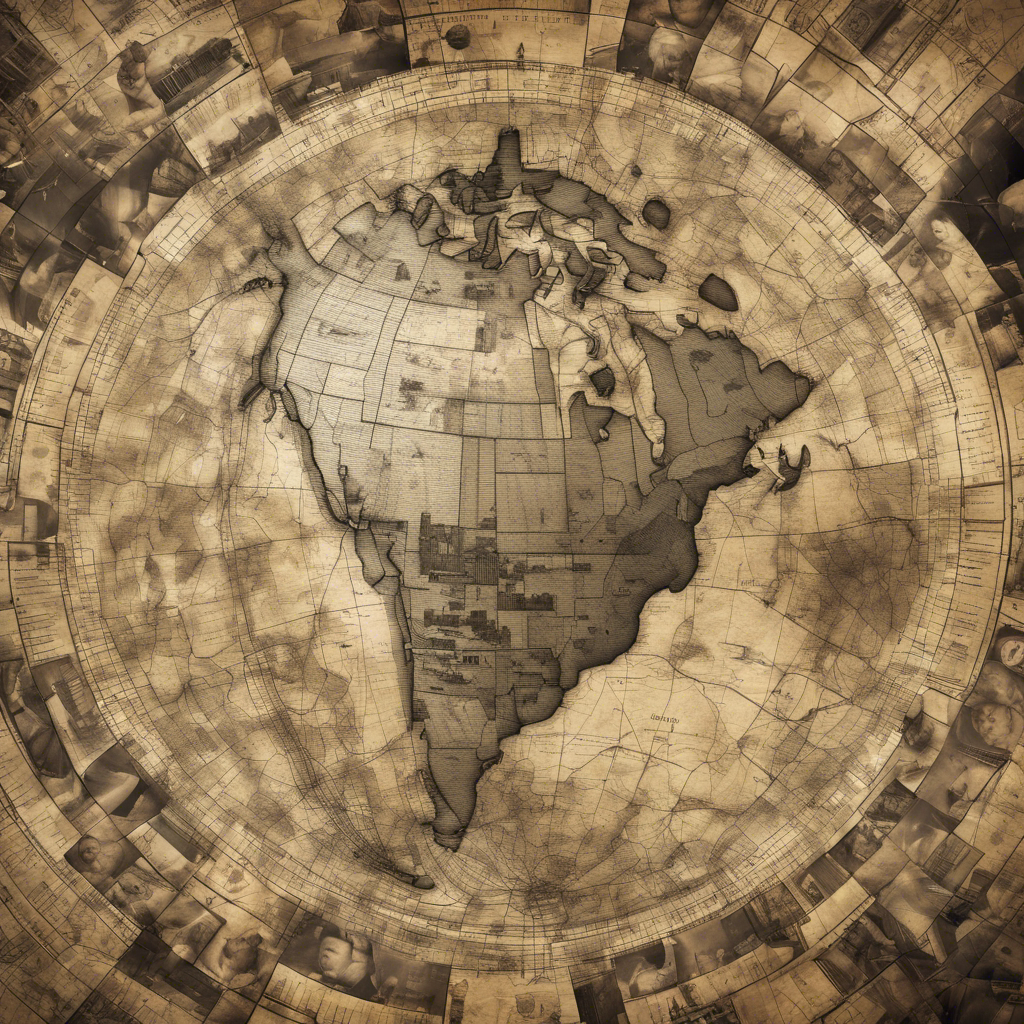The United States’ Underground Empire: How It Controls Global Trade and Data

The United States’ hidden power over global finance and data transmission has far-reaching implications for international trade and security.
In an increasingly interconnected world, the United States wields significant power over global trade and data transmission. From monitoring financial transactions to intercepting international communication, the U.S. government has the ability to control and influence economic activities worldwide. In their book “Underground Empire: How America Weaponized the World Economy,” authors Henry Farrell and Abraham Newman shed light on the extent of this power and its implications for global politics.
The Dominance of the Dollar:
One of the key factors behind the United States’ economic power is the widespread use of the U.S. dollar in international transactions. As the most widely accepted currency, companies often rely on dollars to conduct business across borders. This gives the U.S. government the ability to monitor and regulate these transactions, potentially blocking trade between countries and exerting control over the international economy.
Control over Data Transmission:
Another source of U.S. power lies in its control over the world’s fiber-optic cables, through which data and messages travel. These cables often pass through the United States, allowing the U.S. government to monitor and record the data flowing through them. This gives the National Security Agency (NSA) unprecedented access to global communication, enabling it to spy on businesses and countries alike. This surveillance capability provides the U.S. with valuable information and the ability to impose meaningful sanctions when its interests are threatened.
The Rise of U.S. Power:
Farrell and Newman argue that the United States began capitalizing on its economic power after the 9/11 attacks in 2001. The U.S. government realized the potential of using its financial influence to disrupt terrorist networks and began expanding both its financial surveillance and use of sanctions. By leveraging its control over the global financial system, the U.S. was able to cut off countries like Iran from the international economy, forcing them to make concessions.
The Weaponization of the Underground Empire:
The authors highlight the case of Huawei, a Chinese telecommunications company, as a prime example of how the United States weaponizes its underground empire. Through a combination of financial surveillance, legal tactics, and restrictions on technology exports, the U.S. government successfully crippled Huawei’s global ambitions in the 5G market. This victory demonstrated the United States’ ability to limit the technological reach of a rival power without resorting to military force.
The Risks and Consequences:
While the United States’ hidden power may seem advantageous in certain scenarios, there are risks and consequences to consider. Overuse of economic power could undermine the basis of that power itself, potentially leading to the formation of alternative international payment systems or the bypassing of U.S.-controlled fiber-optic cables. Moreover, the lack of accountability in the exercise of this power raises concerns about ethical foreign policy decisions and potential harm to innocent parties.
Conclusion:
The United States’ underground empire, built on its control over global finance and data transmission, grants the country unprecedented economic and surveillance power. While this power has been effective in achieving certain goals, it also poses risks and challenges. To mitigate these risks, international regulations similar to those governing trade may be necessary. As the world continues to grapple with the implications of this hidden power, policymakers and experts must consider how to strike a balance between national security and global stability.

